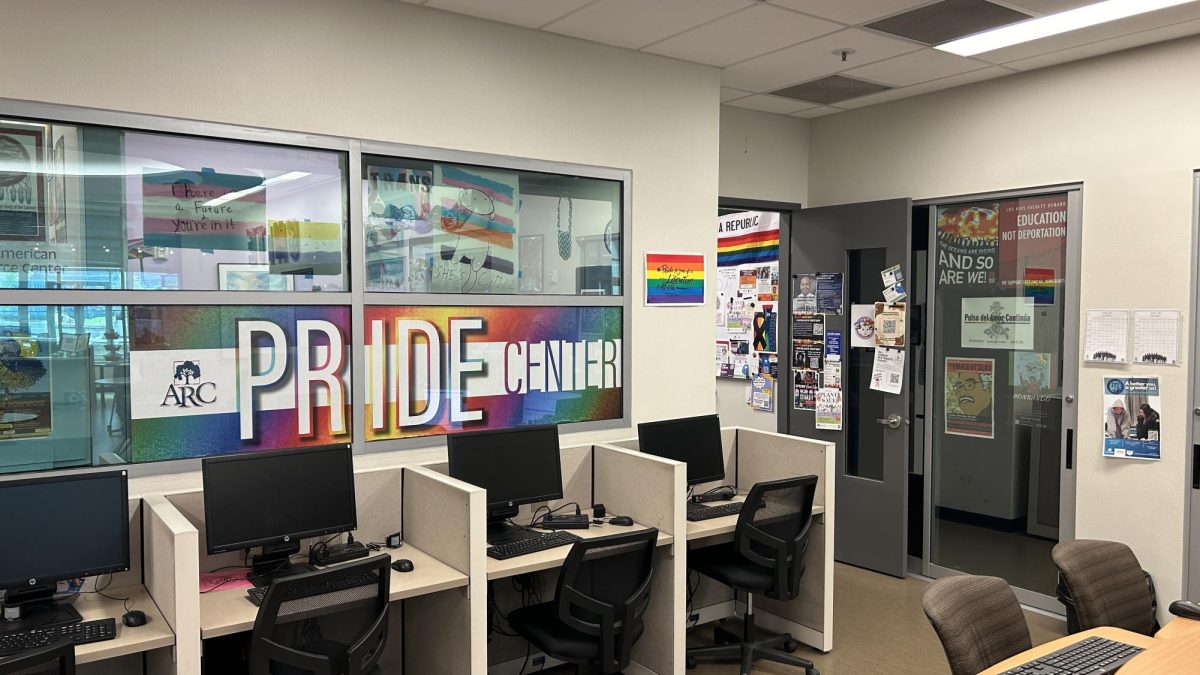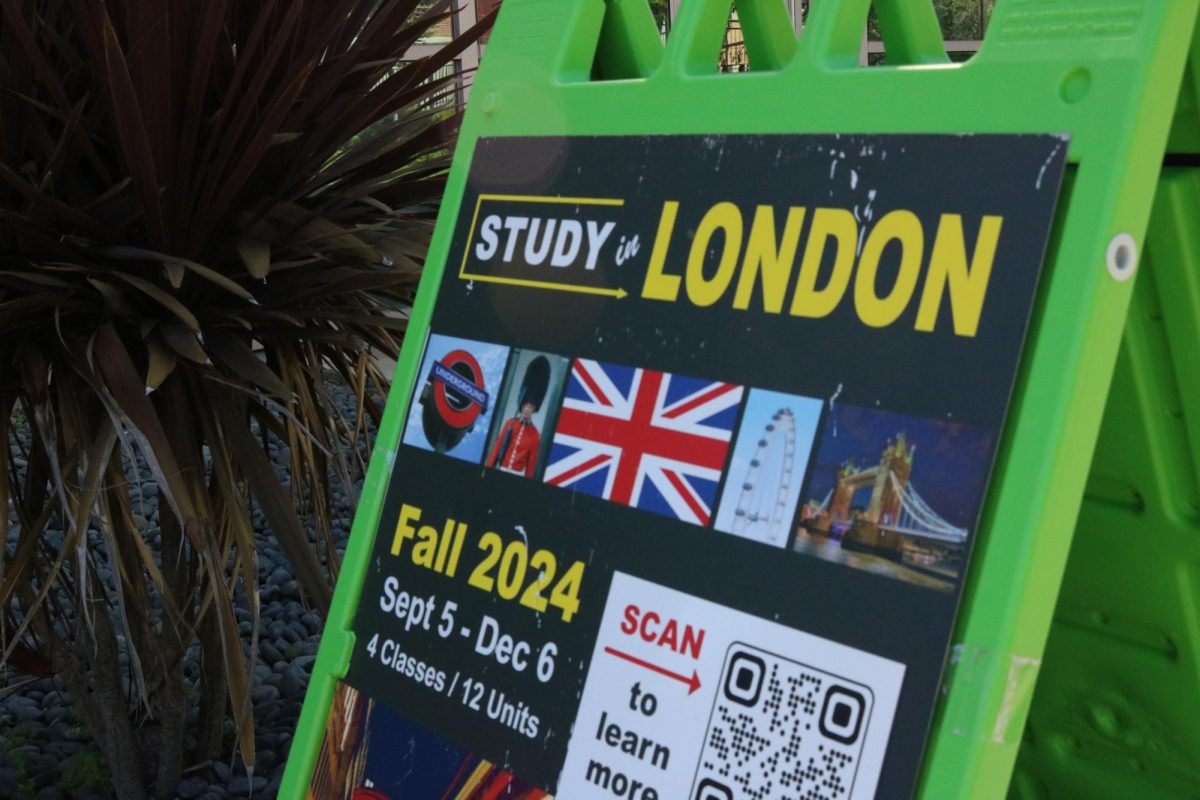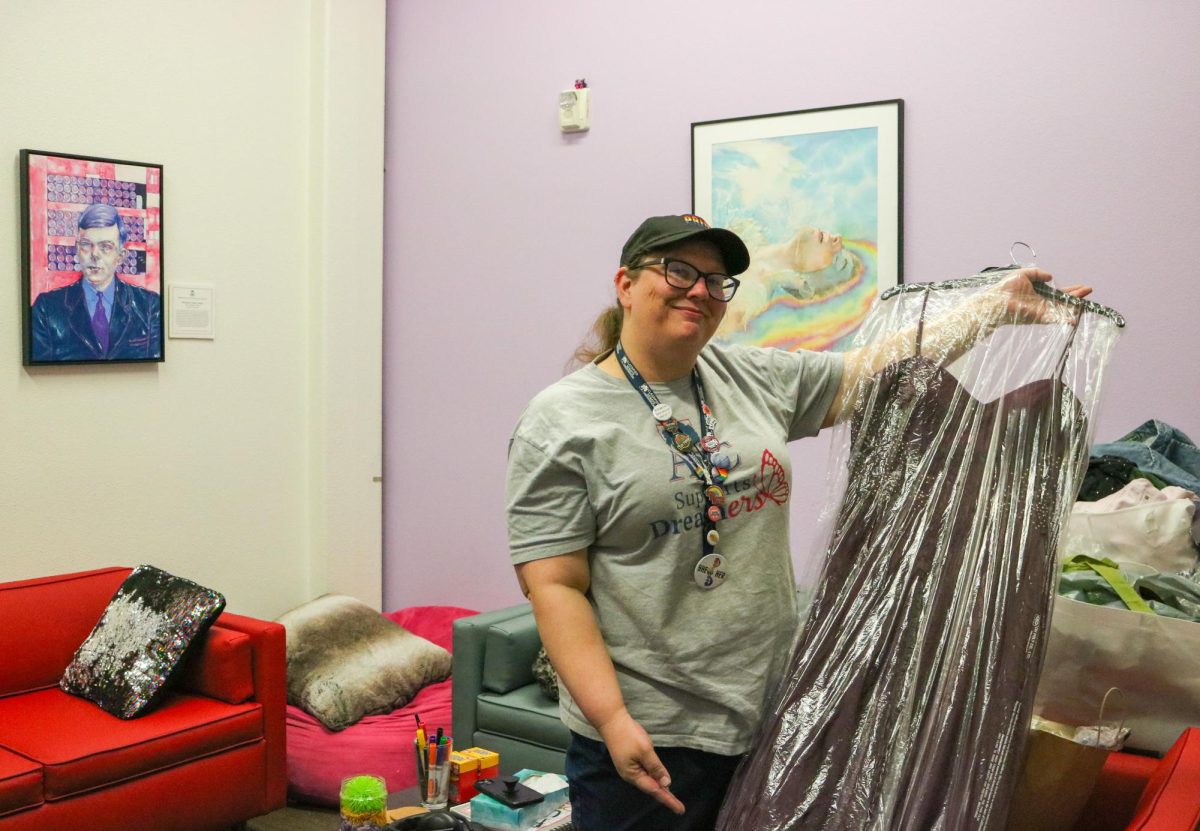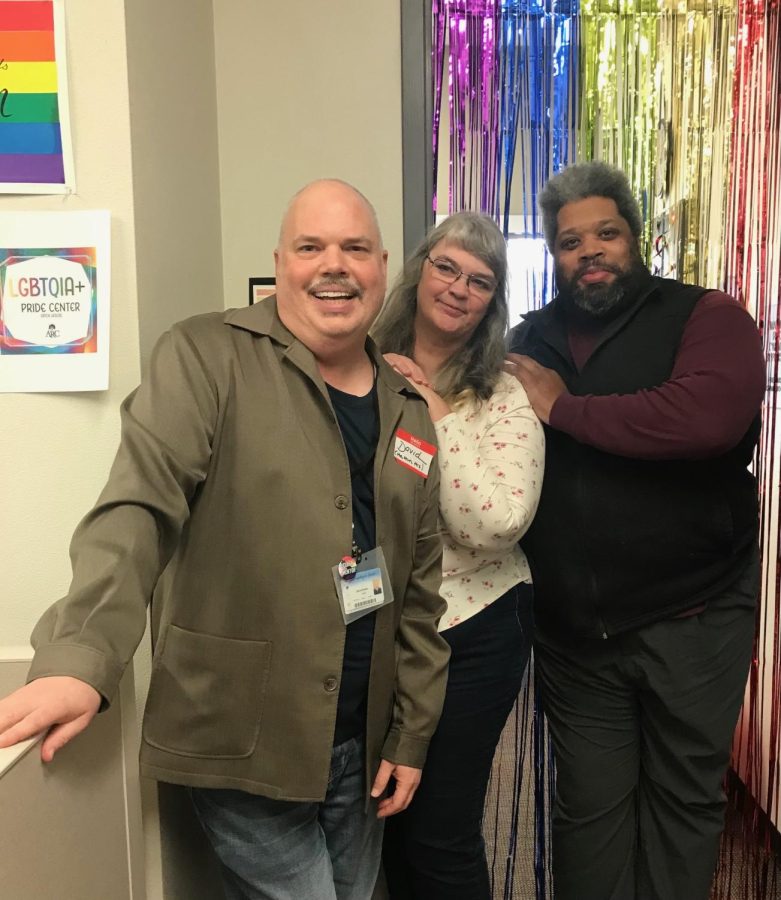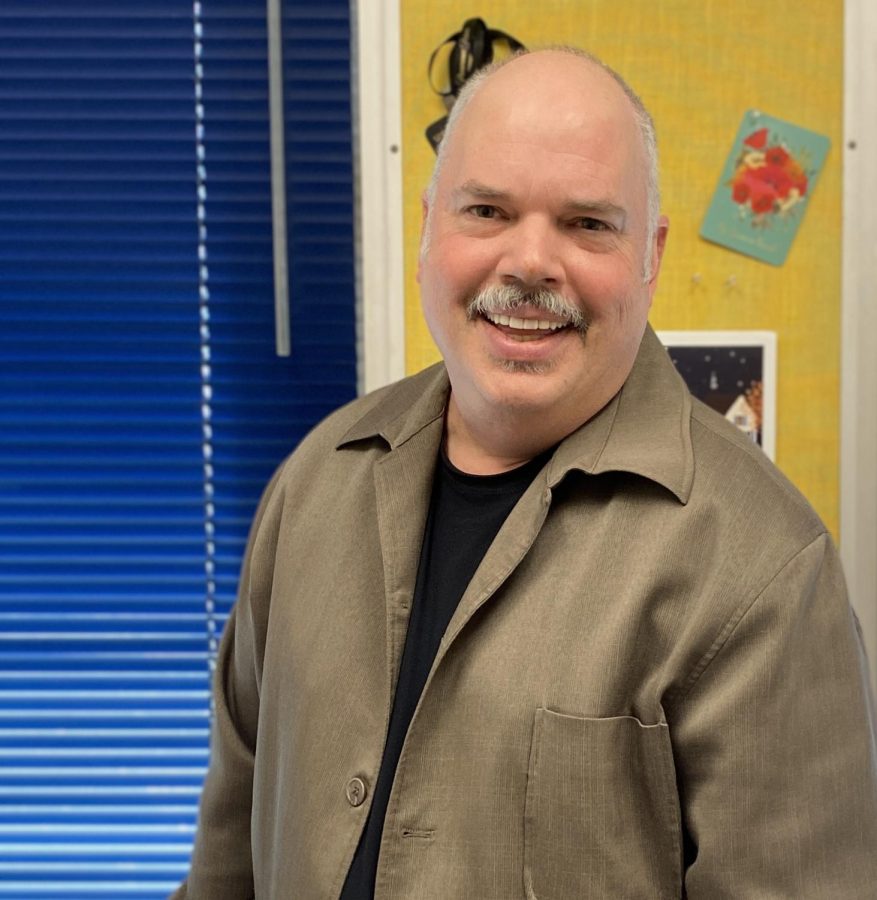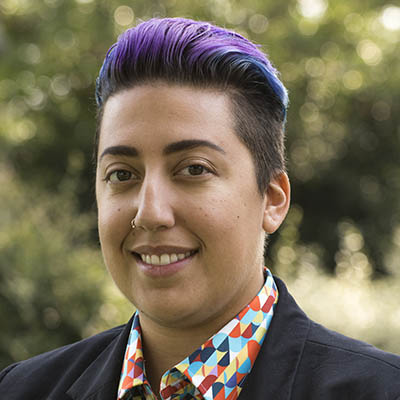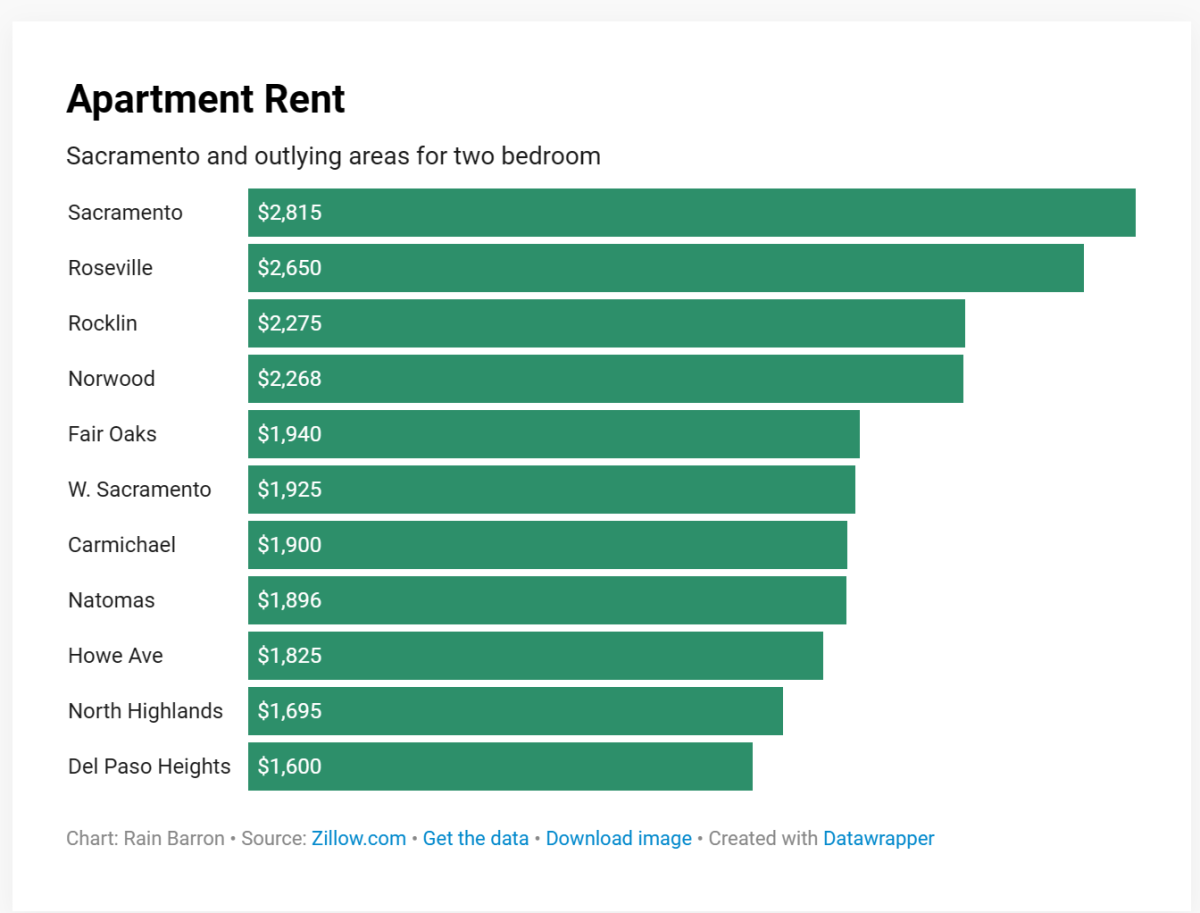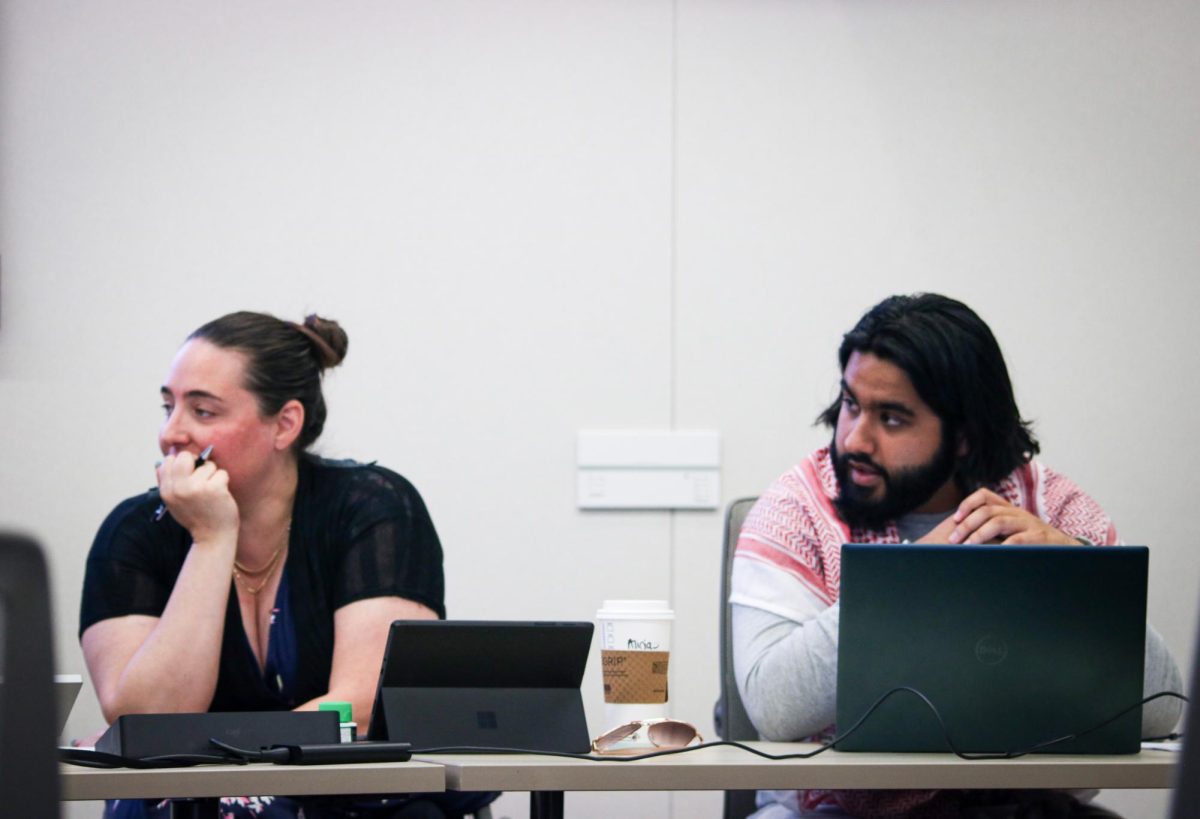On March 26, the Sacramento City Council took an extra step to protect the rights of queer and trans-identifying individuals in the region by voting to declare Sacramento a sanctuary city for transgender people. American River College students and faculty, however, have already been championing the cause of support for LGBTQ+ students through a series of interviews by Professor Sara Smith-Silverman as well as a safe space procured by members of the Gender and Sexuality Alliance in the ARC Pride Center.
The resolution was championed by the Sacramento district 4 council member Katie Valenzuela but the vote was unanimous among the Sacramento City Council. It ensures that those in Sacramento seeking gender-affirming care will continue to have access to the resources they require for things like hormone treatments, puberty blockers and transitional surgeries. Further, it dictates that no public resources, including staff hours, are to be used to minimize gender affirming care in Sacramento or in cooperation with other jurisdictions.
“California has been a leader in protecting the rights of transgender individuals to access care,” the resolution says. “But many states across the nation are moving in the opposite direction.”
This isn’t hyperbolic criticism of national politics by the drafters of the resolution. Examples of anti-LGBTQ+ legislation have been appearing all over the country. Idaho recently passed H0668, which prohibits the use of public funds for gender transition procedures. Another example is Utah, which passed HB0257, a bill requiring that public institutions recognize people as female and male on the basis of biological sex assigned at birth. These few examples showcase a small portion of the anti-LGBTQ+ bills passing state legislatures all over the country.
The trend isn’t isolated to some municipalities several states over. Even as close as the next county over from Sacramento, the Rocklin school board revised regulation 5020 in September 2023. This update to administrative policy requires that if a teacher or faculty member encounters a student that requests to be identified as a gender other than their biological gender, the parents are to be notified within three school days.
From these conservative pockets across the United States, queer and trans-identifying teenagers and young adults are amidst a diaspora. Facing gender-based discrimination, these individuals are fleeing their home states, hoping to find somewhere where the laws of the land aren’t designed to dismiss those dealing with gender dysmorphia or those who possess non-traditional sexual orientation.
In a 2022 survey, which collected information from 92,329 transgender people within the United States, 47% said they had thought about moving to another state because their state government considered or passed legislation targeting transgender people, with 5% of those surveyed saying they have physically made the pilgrimage out of their state.
What many of these lost souls have found in the halls of ARC, both from the faculty and members of the student body, is the opportunity to find a voice.
Smith-Silverman is a full-time faculty member at ARC, teaching courses on American women’s history and an intro to LGBTQ+ studies. Although Smith-Silverman teaches the only course on LGBTQ+ related curriculum at ARC, a conversation with her implies that she has the knowledge to fill a 12-credit semester, including extra credit.
Smith-Silverman’s most recent extra-curricular project is a series of video interviews collectively titled the “Queer and Trans Community College Student Oral History Project.”
Most of the interviews have a run time of over an hour, with the interviewee sat in front of a black curtain. In this backdrop, the nuanced facial expressions and body motions of the subjects refuse to go unnoticed. Some of the more impactful clips are edited down to share on social media accounts like Facebook and Instagram.
“I thought about what would move people, faculty, staff and administrators to do a better job by our students,” Smith-Silverman said about the inspiration to document the queer and trans student life experiences. “It occurred to me that these video-recorded interviews… would help people empathize more with our queer and trans students.”
With these videos, Smith-Silverman provides a soundboard for the varied array of experiences commonplace among queer and trans students. When watching the videos, a notable theme of each interview is that most of the students have a collection of commonly stigmatized social challenges that provides compounding difficulty in their efforts to weave themselves comfortably into social fabric.
“I made sure to interview BIPOC students, or students of color, trans, non-binary, gender non-conforming students, disabled and diverse students and low-income students in particular,” Smith-Silverman said about the diversity of personalities and cultures that occupied the interview seat. “If you share those identities, then you can speak to them better.”
These challenges manifest themselves, be it through race, gender identity, sexual orientation, poverty, neurodivergence, or any combination of these factors, they pose a difficult set of circumstances in an environment where acceptance isn’t available.
Unfortunately, that feeling of being unaccepted is prevalent among the majority of trans teenagers. According to the 2022 survey, 60% of 16- and 17-year-olds encountered some form of mistreatment from teachers or educational staff because of their gender identity.
Acceptance is something many queer and trans students may have trouble finding in their hometown, or in their home, or among family. This becomes a more impactful issue for queer and trans teenagers as they transition into college.
They leave a high school where they may have encountered resistance from their shift in gender identity, and that resistance may have left emotional scars.
In college however, these students are able to represent themselves in a new environment among fresh faces. From this perspective, ARC and other colleges offer an opportunity to celebrate themselves and others expressing the liberation of their identity.
At ARC specifically, they will find a group of like-minded people at the Pride Center.
The Pride Center, located in the Student Center on the ARC main campus, acts as a hub for LGBTQ+ college students, student allies and supportive faculty. It’s also a common hang out for members of the Gender and Sexuality Alliance.
Oriander Cherry Munzinger, a psychology major at ARC and a frequent presence at the Pride Center, feels optimistic about the establishment of a transgender sanctuary in Sacramento.
“It’s hope towards a genuine, permanent thing of saying ‘We will stand by you whatever different legislation comes to pass,'” Munzinger says about Sacramento’s sanctuary status.
Munzinger is also enthusiastic that queer and trans teenagers moving towards adulthood can embrace their identity.
“We know here’s a city [where] we can get our friends and families to know they’ll be safe,” Munzinger says.
Members of the ARC GSA, along with the active members of the ARC Pride Center community, promote supportive pursuits focused on making sure the voice of the LGBTQ+ community at ARC is being represented prominently.
Examples of this include LGBTQ+ themed trivia events, a “second-chance” prom for students who may have found their high school proms to be problematic and a formal clothing drive in preparation for that prom.
Munzinger is excited about students having the opportunity to try on clothing they may have felt apprehensive about purchasing in public.
“We want to work towards having those sorts of community things where it’s easier to find us,” Munzinger says about the consistency of events put on by the ARC Pride Center.
These collective efforts practiced between ARC faculty and students towards promoting gender affirming rights seem to be having an effect, as the Sacramento resolution implies.
Smith-Silverman celebrates the legislation in the current political climate.
“In such a hostile political environment, Sacramento is making an effort to signal that they are welcome and supported,” Smith-Silverman says in support of the resolution. “That’s really important.”
For LGBTQ+ information & resources, or to speak to a counselor 24/7, visit The Trevor Project.
Editors Note: This article has been updated to correct a reporting error. Smith-Silverman teaches the only course on LGBTQ+ related curriculum at ARC, not in the Los Rios Community College District. The title of the video project has also been updated to reflect the correct title.


